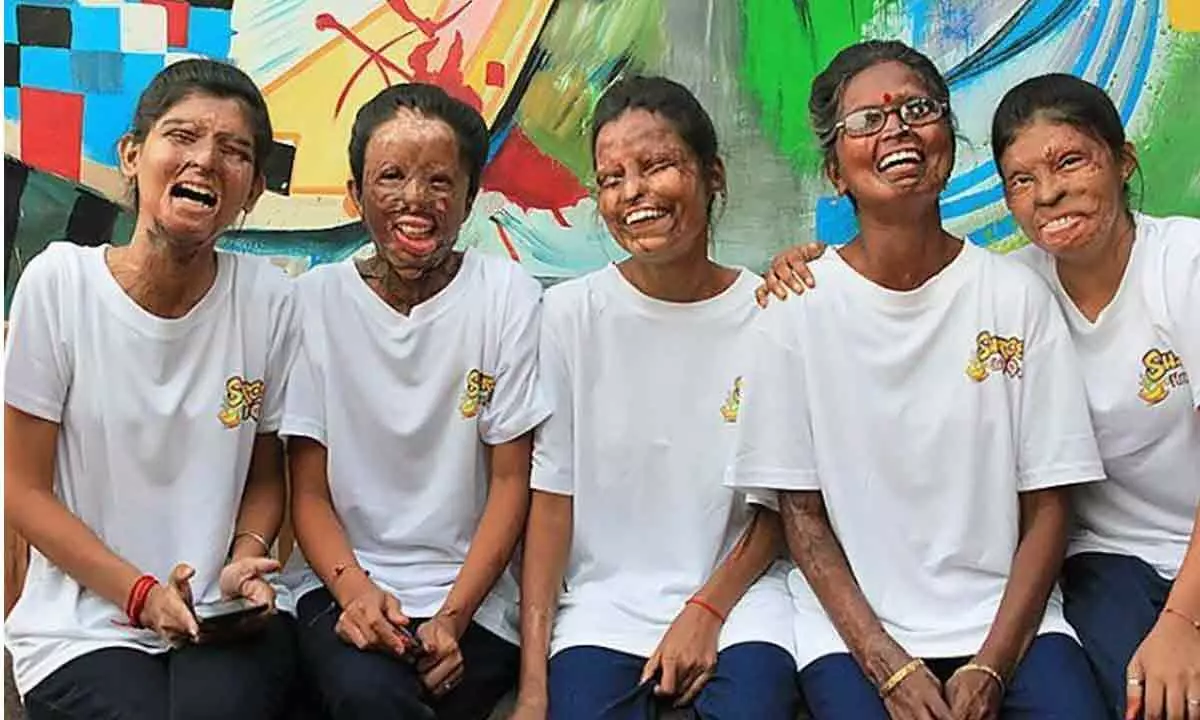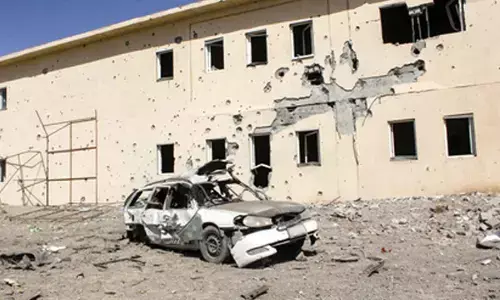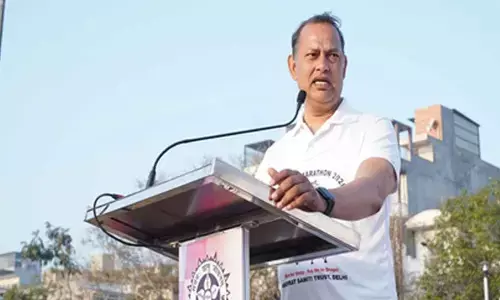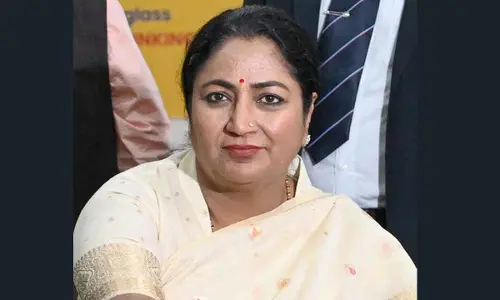Acid attack survivors defy norms with another cafe in Noida

Acid attack survivors continue to make strides in the mainstream world, opening now a third café, and fittingly naming it 'Sheroes'.
New Delhi: Acid attack survivors continue to make strides in the mainstream world, opening now a third café, and fittingly naming it 'Sheroes'. Sheroes is completely managed by acid attack survivors right from the kitchen to the sales counter and aims to spread awareness about acid attacks and similar crimes. The latest café came up on the campus of Noida International stadium in Sector 21 with collaboration of Noida Authority. Rupa, an acid attack survivor from Muzaffarnagar and one of the managers, said that after 2014, when the first such joint was opened in Laxmi Nagar, many more survivors came forward deciding to shed the baggage of their pain.
The first 'Sheroes' cafe was opened in Agra on December 10, 2014 and was managed by five acid attack survivors. The second one is operational in Lucknow.
"The idea was to have one platform for all such survivors as most of them are not so educated. Most people give up their studies after such incidents," Rupa told PTI. Her own life came to a standstill after she was attacked by her stepmother in 2008. "After the attack, my father disowned me. My brother and I had grown up in Faridabad with my uncle and aunty. They supported us immensely. They've been like parents to us," Rupa said.
Anshu Rajput, 24, from Bijnor, did not lose hope even as she was faced people's apathy after becoming victim of an acid attack in 2015. "Acid attack survivors face discrimination on a different level altogether. It becomes difficult facing people. They pass comments on us, judge us, don't give us jobs," Anshu told PTI. She said she was attacked with acid by a 55-year-old man, who claimed to love her. The man was arrested later and was sent to prison for life. Anshu said that the café initiative boosted their confidence by a great magnitude.
"Earlier, I always used to make sure that I cover my face while stepping out of my house. That has changed now after being associated with other survivors. I don't feel ashamed to show my face to anyone anymore," she said. "My parents aren't educated enough. My father has been a farmer, and none of us had an idea whether I will be accepted with such face condition for a job outside the village," she said.








